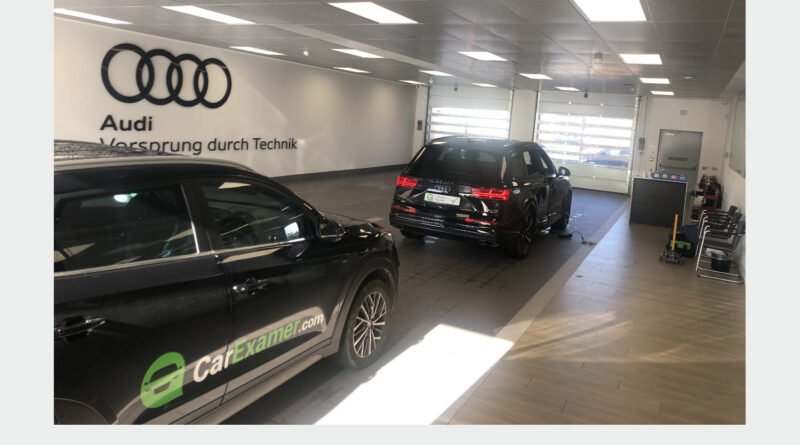Buying a Used Car Privately or from a Business: Factors to Consider
Here are some factors to consider when deciding between buying a used car privately or from a business. When shopping for a used car, one of the decisions you’ll need to make is whether to buy from a private seller or a business such as a dealership. Each option has its own advantages and considerations, so it’s important to weigh them carefully.
- Pricing: Private sellers often price their cars lower than dealerships, as they don’t have the overhead costs associated with running a business. If you’re looking for a budget-friendly option, buying from a private seller may be more appealing.
- Warranty and Protection: Dealerships typically offer warranties or certified pre-owned programs that provide additional protection and peace of mind. These warranties may cover certain repairs or provide extended coverage for a specific period. Private sellers, on the other hand, generally sell cars “as-is,” without any warranty.
- Vehicle Selection: Dealerships tend to have a wider selection of used cars to choose from compared to private sellers. They often have a variety of makes, models, and trim levels available, making it easier to find the specific car you’re looking for. Private sellers may have a more limited selection.
- Financing Options: If you need financing to purchase the car, dealerships usually have established relationships with lenders and can assist you in securing a loan. They may offer competitive interest rates and flexible payment terms. Private sellers typically require full payment upfront, although you may be able to arrange financing through a third-party lender.
- Condition and Inspection: Both private sellers and dealerships can sell cars in various conditions. However, dealerships often perform detailed inspections and reconditioning before putting a car up for sale this most preparation can be misleading and you need to check if the vehicle is as described. They may provide you with a vehicle history report and disclose any known issues in UK legal requirement. With private sellers, it’s crucial to conduct a thorough inspection and obtain a vehicle history report independently. See what happens during inspection.
- Negotiation: Negotiating the price is often easier with private sellers, as they may be more willing to negotiate and accept lower offers. Dealerships, on the other hand, may have less flexibility in pricing due to factors such as market demand and overhead costs.
- After-Sales Support: Dealerships typically offer after-sales support, including service centers, parts availability, and assistance with any issues or questions that may arise after the purchase. Private sellers may not offer the same level of support. How to sell high mileage car.
- Trust and Reputation: Dealerships often have established reputations, customer reviews, and a track record of customer satisfaction. This can provide added peace of mind when buying from them. With private sellers, it’s important to assess their credibility and ensure a transparent transaction. Should I buy new car or used.
Ultimately, the decision to buy a used car privately or from a business depends on your preferences, budget, and the level of support and protection you desire. Consider these factors, do your research, and weigh the pros and cons of each option to make an informed decision that suits your needs and gives you confidence in your used car purchase. If you considering suv you will find this interesting. Car insurance advice.
Buying a used VW. Buying used vauxhall, BMW, Jaguar, Ford, Volvo, Range rover, Bentley, Aston Martin, Porsche, Ferrari, Lamborghini, Maserati, Hyundai, Tesla, Honda, Pagani

